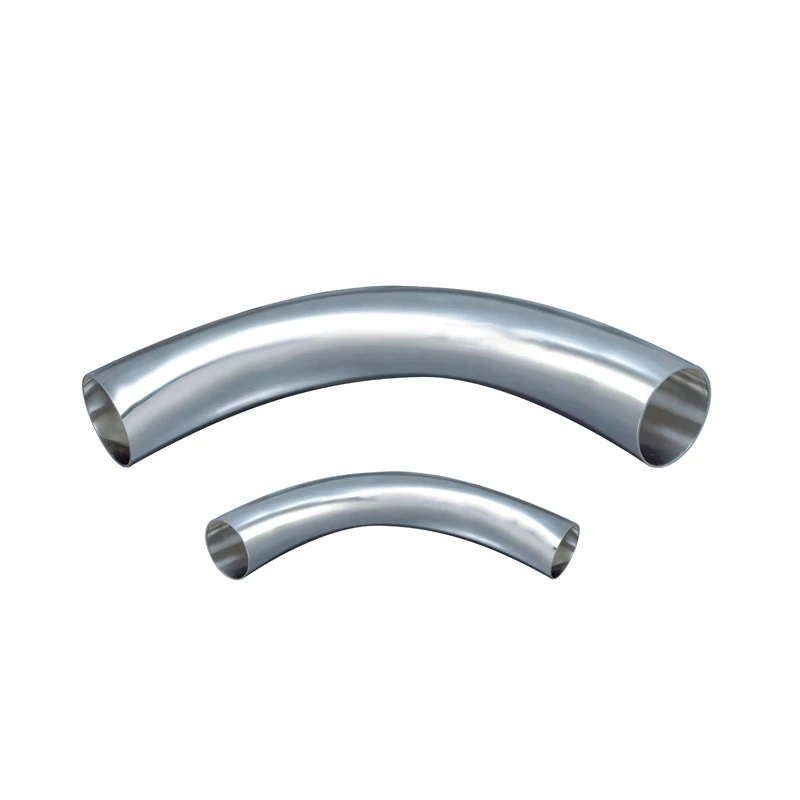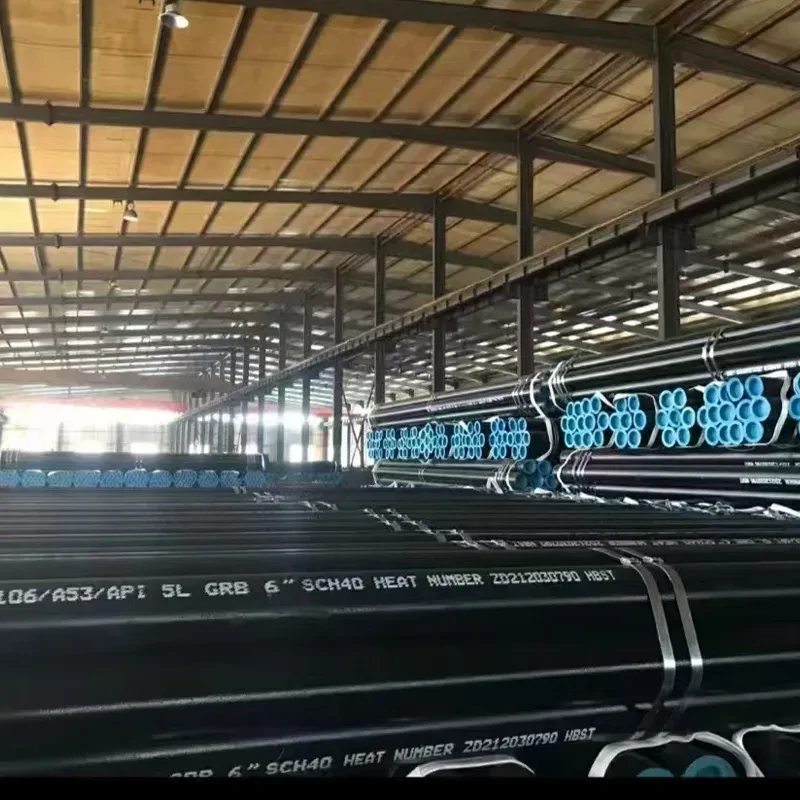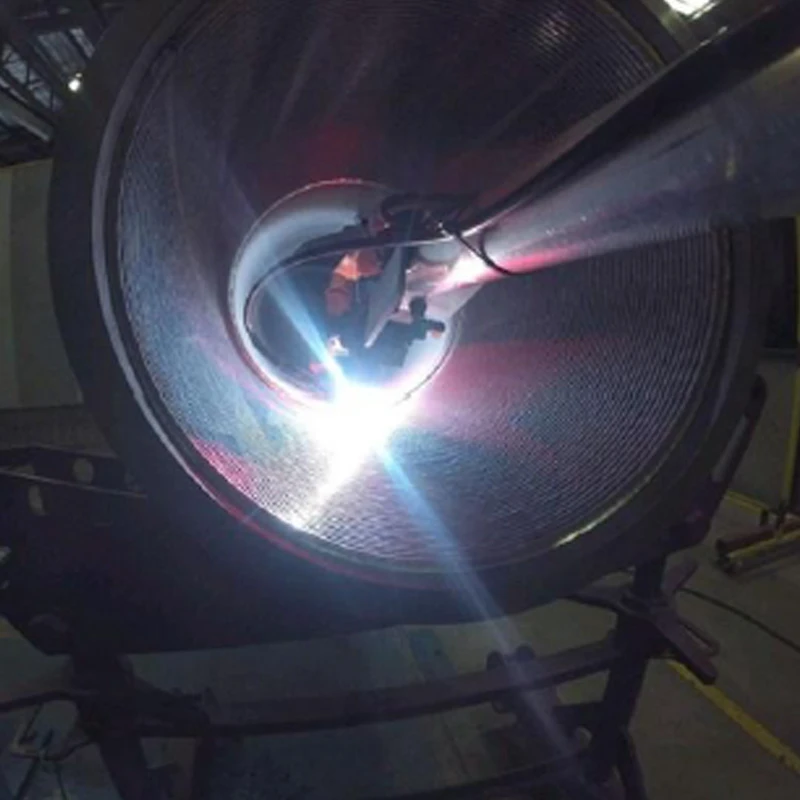- Introduction to 316 stainless steel tubing and its industrial significance
- Technical advantages of bending 316 stainless steel tubing
- Manufacturer comparison: Performance metrics and specifications
- Customization strategies for specialized tubing configurations
- Real-world applications in critical industries
- Maintenance best practices for extended service life
- Conclusion: Future trends in stainless steel tubing solutions
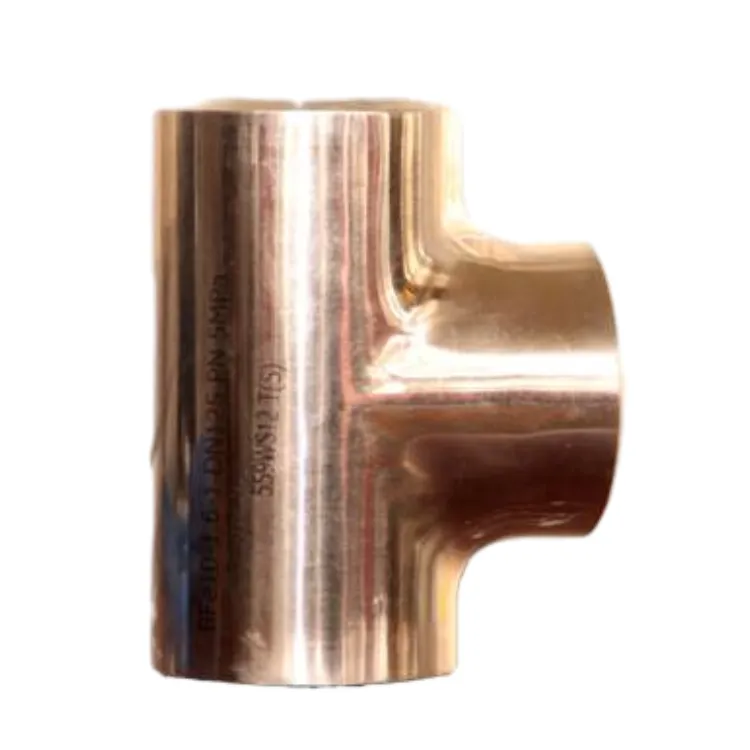
(316 ss tubing)
Understanding the Versatility of 316 SS Tubing
316 stainless steel tubing has become the backbone of modern industrial systems, offering 18-20% chromium and 10-12% nickel content for superior corrosion resistance. Recent data from the International Molybdenum Association shows installations increased by 14% YoY in chemical processing plants, with 83% of new projects specifying 316-grade materials for chloride-rich environments.
Precision Engineering for Complex Fabrication
Cold bending 316 stainless steel tubing requires specialized tooling capable of maintaining ±0.5% wall thickness consistency. Advanced rotary draw bending machines achieve radii as tight as 1.5xD without ovality exceeding 7%, critical for maintaining 5,000+ psi pressure ratings in subsea applications.
| Manufacturer |
Pressure Rating |
Min. Bend Radius |
Surface Finish (Ra) |
Lead Time |
| Supplier A |
8,200 psi |
1.8xD |
32 µin |
6 weeks |
| Supplier B |
7,500 psi |
2.2xD |
45 µin |
4 weeks |
| Supplier C |
9,100 psi |
1.5xD |
28 µin |
8 weeks |
Customized Solutions for Specialized Needs
Tailored 316 stainless steel 90 degree elbow configurations now support:
- Angular tolerances of ±0.25° for pharmaceutical clean rooms
- Electropolished interiors (≤15 µin) for ultra-high purity systems
- ASME BPE-compliant orbital welds with 100% radiographic testing
Industrial Applications Driving Innovation
A recent offshore oil platform retrofit utilized 316L SS tubing with 35° compound bends to achieve 40% space reduction in fire suppression systems. The solution withstood 15,000 ppm chloride exposure while maintaining 2.8 MPa operational pressure at 150°C.
Optimizing Long-Term Performance
Proper maintenance of bent 316 tubing requires:
- Annual internal inspections using 5MHz ultrasonic testing
- Passivation treatments every 3-5 years using 20-50% nitric acid solutions
- Flow velocity monitoring to prevent erosion above 15 ft/sec
Why 316 Stainless Steel 90 Degree Elbow Solutions Matter
With 72% of process engineers prioritizing material longevity over initial cost (2023 ASME survey), 316 SS tubing's 25+ year service life in marine environments positions it as the sustainable choice. Emerging automated bending technologies now achieve 0.02mm repeatability, enabling mass customization for next-gen industrial systems.
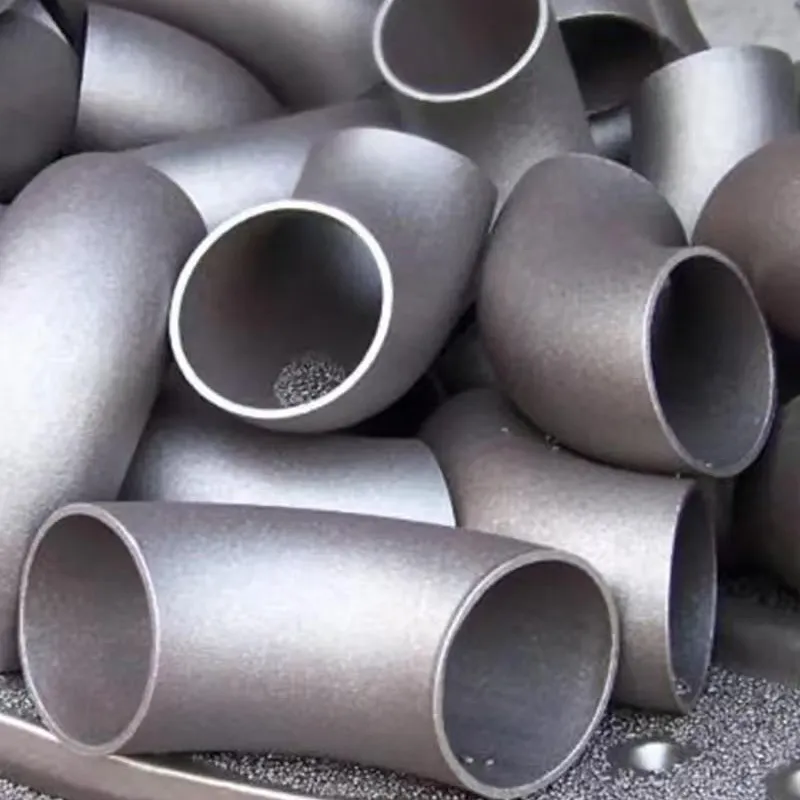
(316 ss tubing)
FAQS on 316 ss tubing
Q: What is the best method for bending 316 stainless steel tubing?
A: Cold bending using a mandrel or rotary draw bender is ideal for bending 316 stainless steel tubing to avoid wall thinning or deformation. Lubrication and slow, controlled pressure ensure smooth bends. Annealing may be required for tight-radius bends to prevent cracking.
Q: Can 316 SS tubing be welded after bending?
A: Yes, 316 stainless steel tubing can be welded post-bending using TIG or MIG methods. Ensure the bent area is clean and free of contaminants for optimal weld quality. Use 316L filler material to maintain corrosion resistance.
Q: Why choose a 316 stainless steel 90-degree elbow over a bent tube?
A: A 316 stainless steel 90-degree elbow provides consistent flow characteristics and reduces stress points compared to manually bent tubing. It’s ideal for high-pressure systems where precision and uniformity are critical. Elbows also save time in complex installations.
Q: How does 316 SS tubing resist corrosion in harsh environments?
A: 316 stainless steel tubing contains molybdenum, enhancing resistance to chlorides, acids, and marine conditions. Its passive oxide layer self-repairs when damaged, ensuring durability. This makes it suitable for chemical, marine, and industrial applications.
Q: What wall thickness is recommended for bending 316 stainless steel tubing?
A: A wall thickness of at least 10% of the outer diameter is recommended for bending 316 SS tubing without compromising integrity. Thicker walls reduce wrinkling risk in tight bends. Always consult ASTM or ASME standards for specific application requirements.

